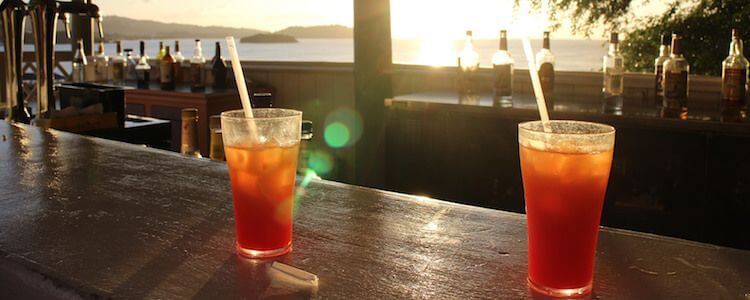Barbados to Tax Sweet Drinks, August 2015
- Jun 18, 2015 | Gail Cole

The official tourism site of Barbados is a vision of dazzling blue water and gives top billing to rum punch, cricket, and rum. This no doubt helps fuel Caribbean vacations laced with fruity sweet (alcoholic) drinks. What will the tourists think of the imminent tax on sweet drinks?
A 10-cent excise tax will be imposed on an array of sweet drinks in Barbados beginning August 1, 2015. It will be "levied on the value of the product before VAT (Value Added Tax) is applied.” Both imported and locally produced beverages will be subject to the new excise tax.
The health of locals, not imported tourists, was the focus of Barbados Finance Minister Chris Sinckler’s announcement of the tax in his Financial Statement and Budgetary Proposals speech. He spoke of the “indisputable reality that Barbados is on the verge of a national crisis with regards to persistent health problems associated with the escalating levels of Non-Communicable Diseases (NDCs).” He called diabetes mellitus a "major affliction" and an illness with a “very strong causal link to the consumption of high amounts of processed sugars and carbohydrates.” He continued:
“In Barbados, we have always respected the maxim that an ounce of prevention is worth more than a pound of cure….
In this regard, Cabinet has decided that in order to encourage healthier consumption patterns among our people as it relates to the consumption of sweetened beverages such as carbonated soft drinks, juice drinks, sports drinks, fruit juices and others particularly those which fall under tariff headings 20.09 and 22.02 on the import side, and similar products of like standing produced within Barbados that contain added high calorie sweeteners, will now attract a 10 percent excise tax levied on the value of the product before VAT is applied.”
The tax will not apply to beverages “containing intrinsic sugars.” Examples include 100 percent natural fruit juice, coconut water, and plain milk and evaporated milk.
The finance minister anticipates the tax will generate more than $10 million in revenue in its first fiscal year.
Do sin taxes help curb targeted behaviors?

